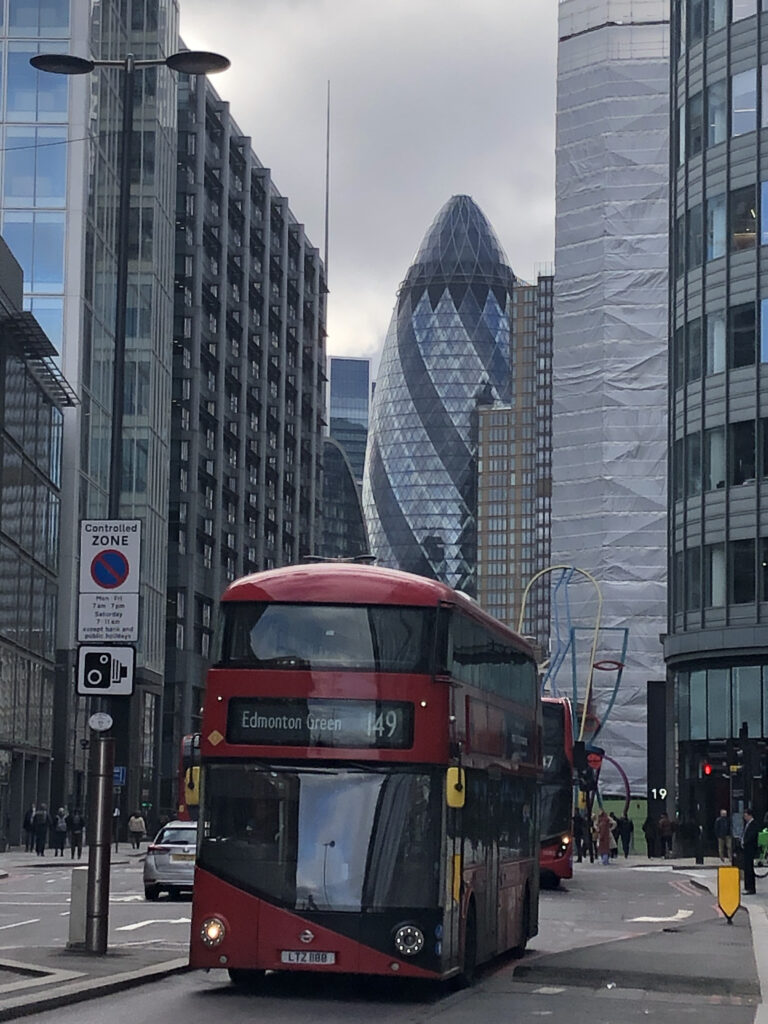Yesterday the Chancellor of the Exchequer, Jeremy Hunt, unveiled his spring budget for 2024. It is likely to be the last major financial event until the General Election, which itself is widely expected to be held in the autumn. In the House of Commons, the Labour leader, Keir Starmer, called on the Prime Minister, Rishi Sunak, to announce that the country would go to the polls on May 2, but given the state of the opinions polls the PM is unlikely to risk being evicted from office that soon.
The photo on the home page shows the fashionably battered suitcase the chancellor invariably displays before making his big announcement, and while I’m not sure anyone could profess to have been looking forward to hearing what he had to say, for sure there was much anticipation about it.
The headline stuff had, as per usual, been widely foreshadowed, notably that national insurance for workers was cut by 2p having already fallen by 2p in last year’s autumn statement. Many Tory MPs had wanted to see cuts to income tax, which would benefit pensioners as well, but that would cost more than Hunt felt the country could afford – although who knows if he might find an extra something down the back of the sofa at No. 11, Downing Street ahead of that anticipated autumn date?

In other news, the earnings threshold for child benefit was raised by £10,000 to £60,000; the windfall tax on the profits of oil and gas companies was extended until 2029; and the non-dom tax break, claimed by wealthy foreign residents in the UK, was abolished, although new arrivals will not pay tax on foreign income and gains for their first four years of UK residency. In sum, however, it was all a little underwhelming. And while the Tories like to portray themselves as the party of lower taxes, the overall tax burden now is the highest it has been since 1948.
When Labour last left office, a Treasury minister, Liam Byrne, left a note to his successor that read: ‘I’m afraid there is no money.’ That was in 2010. The Conservatives have been in power for the subsequent 14 years so it’s hard to find anyone else to point the finger at. Gordon Brown, the former Labour PM and chancellor, recently told The Guardian: “Britain is a low-growth, low-productivity, low-investment, low-wage economy. We no longer have stop-go; we have different levels of stop.” Not exactly an encouraging analysis. Granted, he may be biased. He may also not be wrong.
Clearly the government does not have much financial headroom to play with (although, of course, the dosh comes from us; it’s taxpayers’ money), even if at times one might wonder about that. Last week, after years of prevarication, the National Audit Office published figures showing the cost of the government’s scheme to send asylum seekers to Rwanda. The budgeted price for the five-year plan stands at over £500 million. Even if no one is ever sent there, it will cost £370 million. And ‘no one’ is what the present situation is.
Of course, the shifting of a country’s economic tectonic plates is measured in billions, not mere millions – but Hunt might be hoping to magic up a few of those from the back of that sofa before we head into next winter.
